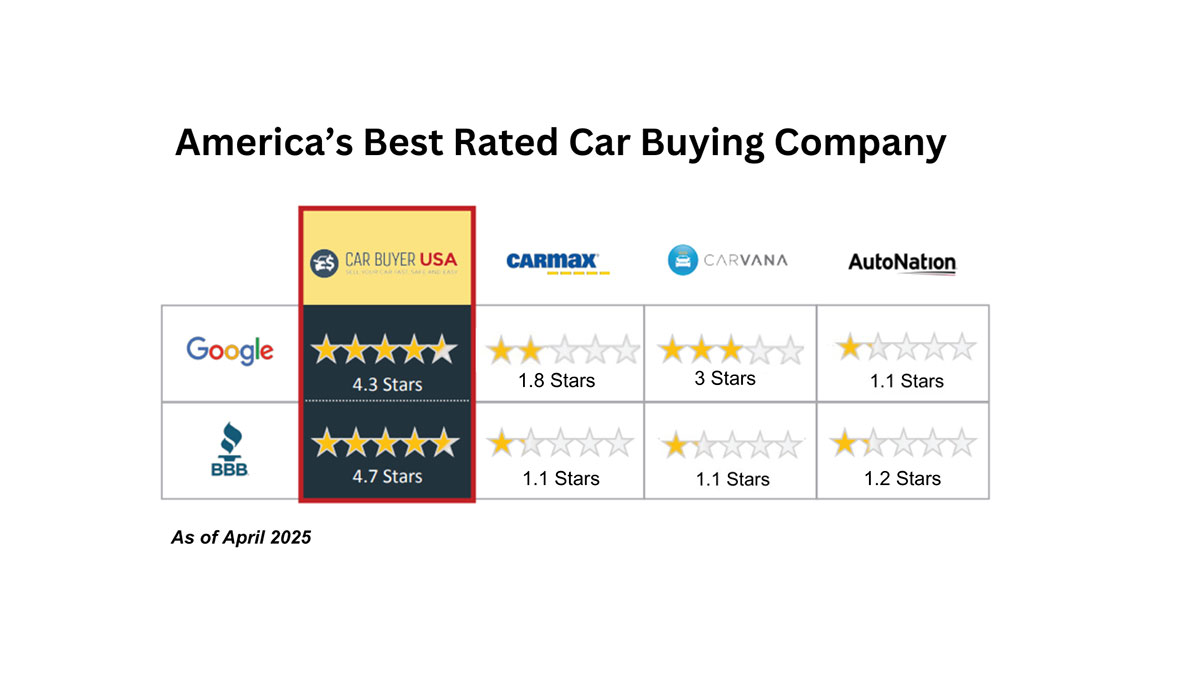
Selling a car you still owe money on isn’t impossible, but it is a bit like trying to exit a moving vehicle without falling on your face. Technically doable. Frequently messy. And definitely not something you should wing without understanding how lenders, titles, and state laws work.
Let’s break down exactly what happens when you try to sell a financed car... and how to do it without triggering a financial migraine.
First: You Can’t Transfer What You Don’t Fully Own
Here’s the part many sellers don’t realize until it’s too late:
If your car has outstanding finance (a lien), you don’t fully own it. Your lender does. That means you legally cannot transfer the title to a buyer, private or otherwise, until the lien is paid in full. If you do attempt to sell it without disclosing the loan, you’re walking into serious legal trouble, including accusations of fraud. Not worth it.
So no, you can’t just “hand over the keys and figure out the payoff later.” The lender controls the title, and nothing moves until they’re satisfied.
What Actually Happens When You Try to Sell a Financed Car
Here’s the real-life sequence:
1. You disclose the lien (you must).
Buyers need to know the payoff exists. Any reputable buyer will ask. A private buyer may walk away the second they hear it because it’s too complicated.
2. You contact your lender for a payoff amount.
This number is NOT your loan balance.
It includes interest up to a specific date, so it’s slightly higher.
3. The payoff must be sent to the lender directly.
Either:
- YOU pay it off first, then sell the car
- Or the buyer handles payoff on your behalf
Private buyers are usually terrified of doing this, which is why financed cars are harder to sell on your own.
4. Once the loan is satisfied, the lender releases the lien and title.
Every state has its own timeline:
- Some release titles instantly
- Some take a week or several weeks
- Some mail it
- Some send it electronically
Private buyers rarely want to wait. This delays the whole process and opens the door to flakes, re- negotiators, and scam attempts.
What If You Sell for Less Than the Payoff?
That creates negative equity.
You must pay the difference—your lender will not magically erase it.
Example:
Your payoff: $18,000
Your sale amount: $15,000
The remaining $3,000 is yours to pay.
No buyer can absorb it for you unless you structure the deal through a company set up to handle negative equity (hint: CarBuyerUSA does this every day).
What Happens If You Try to Sell Without Paying the Loan?
Short answer: Nothing legal.
Longer answer:
The buyer can't get the title.
The lender still owns the vehicle.
The transaction is invalid.
If you hide the lien, you’re committing fraud. Simple as that.
The Smart Way to Sell a Car With Outstanding Finance
Skip the headache. Skip the awkward explanations. Skip hoping a stranger trusts you enough to wait for your bank to send a title across the country.
At CarBuyerUSA, we:
- Handle payoff directly with your lender
- Manage all lien paperwork
- Pay the balance owed before the title transfers
- Walk you through the process no matter what state you’re in
- Make sure you get any positive equity quickly
- Help even if you have negative equity, late payments, or repossession concerns
We buy vehicles with loans every single day nationwide.
You don’t have to guess. You don’t have to negotiate. And you don’t have to risk messing up the legal process.
The Smart Way Out
Selling a financed car is absolutely doable—if you do it correctly.
Do it wrong, and you’re inviting delays, legal issues, and financial surprises.
Do it with CarBuyerUSA, and it becomes one of the easiest transactions you’ll ever make.
When you’re ready, we’re ready! Go to CarBuyerUSA.com and let’s get that loan handled, get your car sold, and get you paid! Safely, legally, and nationwide.


